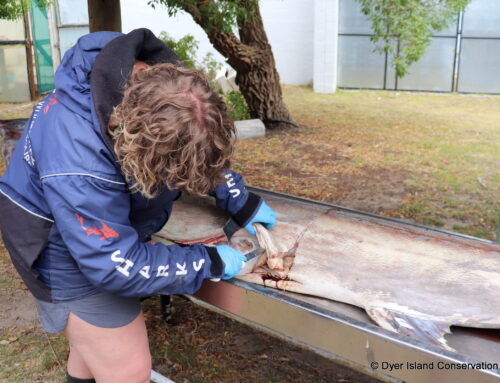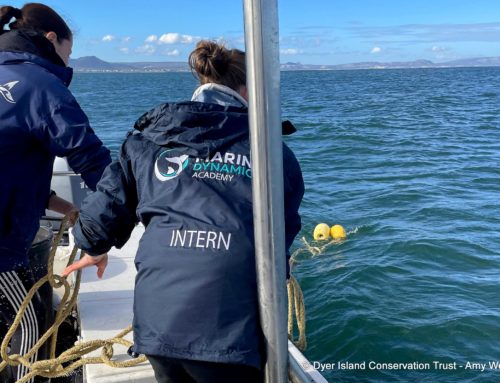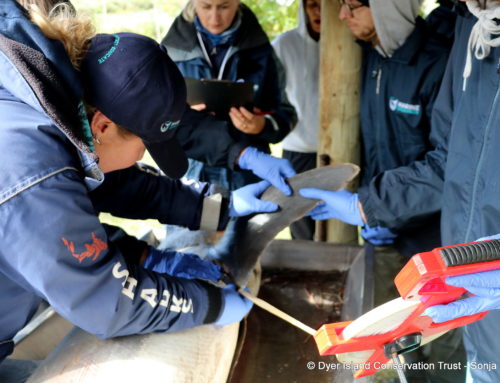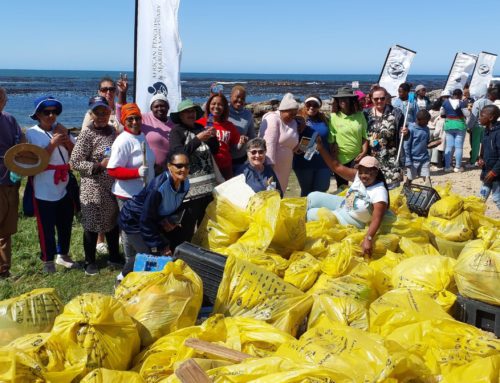FACES OF NEED SHARKS
November 29, 2008 by dyertrust
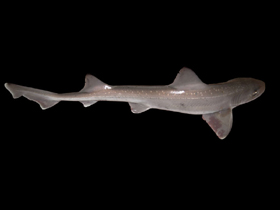
These animals are so over exploited and so helpless to our fishing vessels, something really needs to be done to help the situation. Ignorance can be bliss sometimes, but now its too late not to know simple population dynamics for our local shark species. Thats exactly the case in Gansbaai. This unique bay is renowned as shark capital of the world with Great Whites in regular abundance. However, just because the white shark is infamous in movies doesn’t mean it is the only species worth protecting. Many other local species of sharks inhabit this bay such as Soupfin sharks (locally known as Vaal haai) cow sharks and Gully sharks. These species are fished with no catch limits. We cannot quota these sharks as we do not know enough about their life histories. This is why faces of need sharks is being implemented.

The Faces of Need sharks project is a five year monitoring program aimed at estimating and establishing reliable population studies on the above key shark species. Through research, education and out reach programs the Dyer Island Conservation Trust (DICT) and theSouth African shark Conservancy (SASC)are teaming up to start the project as soon as possible. Eventually the aim is to implement sustainable catch quotas for the locally exploited species and compensate local fisherman’s livelihood.
Progress so far:
Marine dynamics shark cage diving (as part of the DICT) have developed ‘photo for a sharks life’ as their way of donating to Faces Of Need Sharks (FONS). Whilst viewing Great Whites from the cage clients on board shark fever have their photo taken and emailed to them the same day. A link is sent to the DICT and SASC with an email, and their cage photo attached. In return a R50 cash donation is required.
So far the program has been going extremely well and MD has made over R3,000 in donations (in just two weeks). The money will go straight to DICT and will be distributed monthly to SASC and the FONS program.
By Alison Towner


